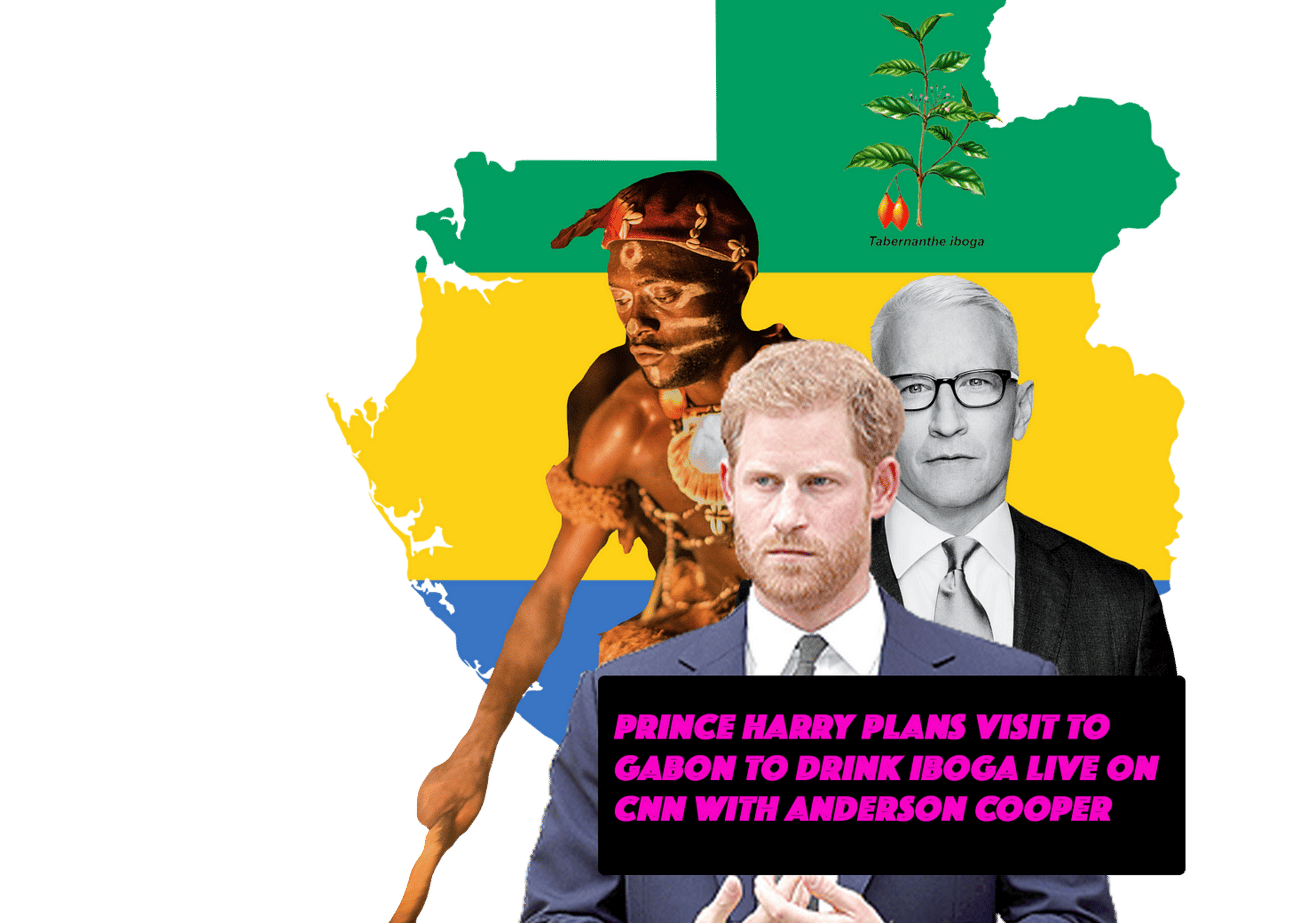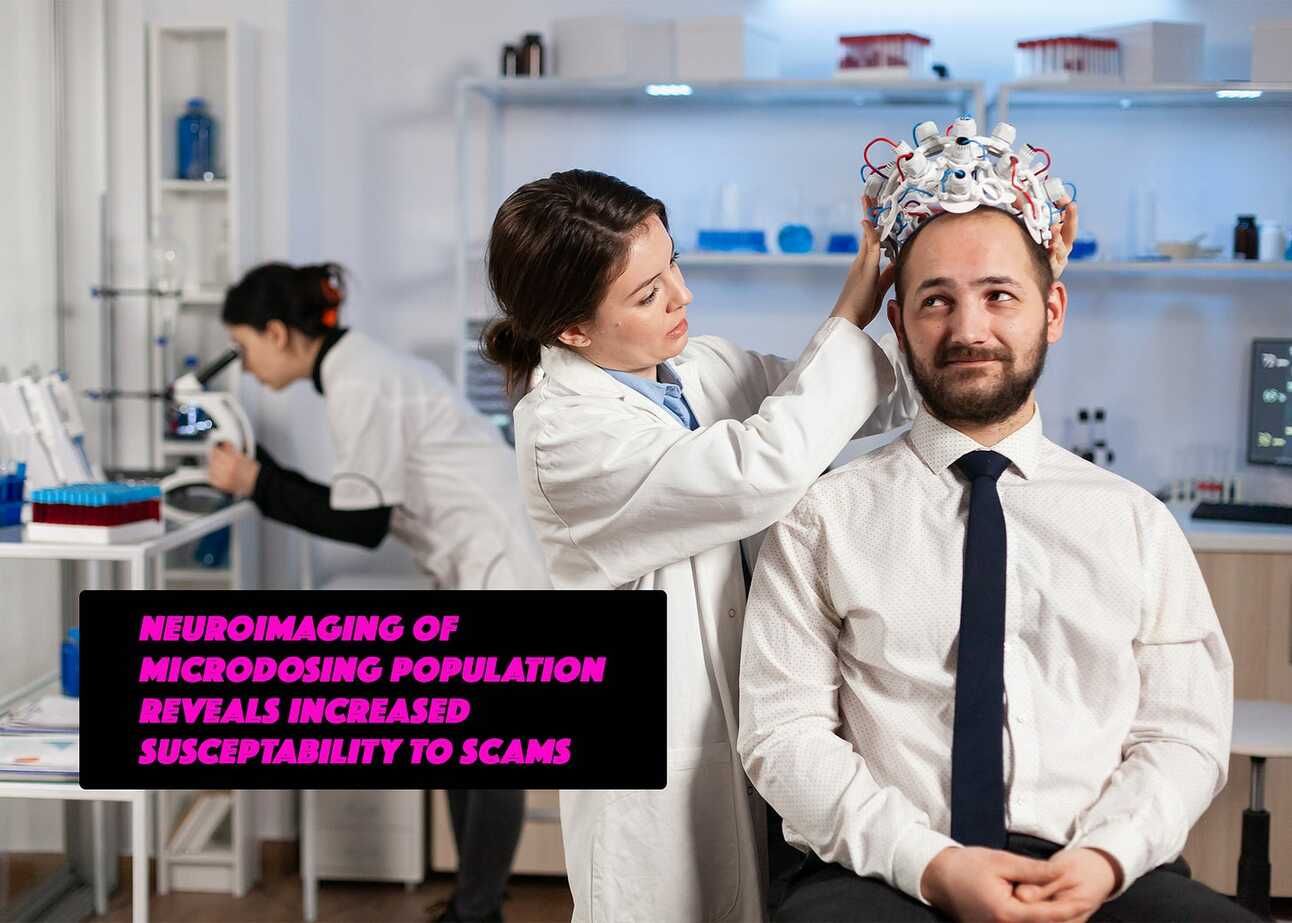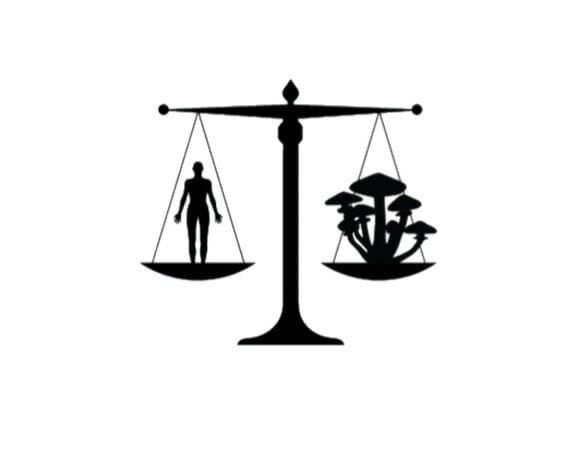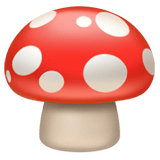There seems to be a formula to psychedelic journalism: An event happens, it gets aggregated into a few dozen news stories saying roughly the same thing, and in short order the whole world knows that Elon Musk tweeted something about psychedelics or that the Atai Life Sciences phase 2 trials were a bust.
A ChatGPT bot or a remote news team in a country where psychedelic possession carries the death penalty can aggregate content; what we really need are original and experienced psychonaut journalists to help frame the way we might respond to an event or scenario rather than to blindly relay what happened. Bonus points if you have a sense of humor about it all.

For all of the creativity, originality, humor and wit that the psychedelic experience can evoke, psychedelic journalism and reporting rarely if ever shows any discernible evidence of the aforementioned qualities.
If the point of psychedelic media is to help the general public navigate the macronarratives and nuances inherent to the mainstreaming of psychedelics, then the limited imagination and homogeneity employed in framing the ‘psychedelic renaissance’ is a testament to our culturally bankrupted and humor-deprived status quo.
Shock journalism and corporate clickbait have taken the place of creative thinking and satirical panache - it’s like there’s a giant central hub of production that churns out psychedelic headlines like
‘Microdosing Good For You’
and ‘Celebrity X Talks About Their Psychedelic Trip’
And then pipes the stories out to regional affiliates that pepper in a few expert quotes or data points for slight variation.

Quote me on this:
The next time any kind of significant event happens in the world of psychedelics, count the number of outlets that rush to newsjack it and inject only the most careful and superficial level of personality and original perspective into their piece - if they inject anything at all into it.
The caveat to this seems to come only in the form of shock journalism; pieces that are deliberately intended to stir up controversy, which is pretty easy these days.
I’ve become increasingly unabashed about the scope of the satire I’m doing, and in doing so have accidentally spilled over into the world of psychedelic journalism.
The satire has passed for actual news more than a few times -
For example, I was recently asked to provide a source and references for a Photoshopped standalone headline piece I circulated on my page declaring ‘Prince Harry Announces Visit to Gabon to do Iboga Live on CNN with Anderson Cooper’ -
For my money, the plight of blasé psychedelic journalism is because the modern psychedelic journalist is usually divided into one of two camps - psychonauts and journalists.

Where are all the psychonaut journalists?
Psychedelic journalists aren’t made in Ivy League masters programs or by taking an online course; they’re also not made by taking a fuck ton of psychedelics and writing trip reports.
Real psychedelic journalists are a rare breed of freak that has managed to withstand years of inquiry into both the nature of psychedelic experience and journalistic best practices, without being subsumed or co-opted by the prevailing societal ethos of either.
Things change over time, and it takes a deep well of personal experience to accurately anticipate and navigate change - as well as to know how to respond to it.

Imagine someone who has floated free of gravity for 10 minutes at the upper limits of earth’s stratosphere thinking they’re qualified to report upon the dynamics of deep space travel just because they have a spacesuit and a Twitter account.
I’ve met more than my fair share of ‘psychedelic journalists’ who have never had a macrodose experience, and yet attempt to define and contour the narrative around the role of psychedelics in society.
Let’s see you do twenty grams of dried psilocybes twenty times and then astutely channel the insights gleaned throughout your panoply of experience into journalism that passes the quality control of stringent professional editors and respected publications - which are increasingly waning in favor of clicks and clout.
The reason satire comes so naturally to me is I’ve paid my fucking dues and taken a backseat to all the peanut gallery commentators posturing as ‘authorities’ in this space while snapping up all the low-hanging fruit these past few years. I am infinitely grateful that my first 10 years of psychedelic journalism were relegated to private documents and small circles of peers, so as not to mistake the prolonged learning curve of psychedelic journalism best practices for an unearned sense of authority on the subject matter.

Now that all the low-hanging fruit is gone and complex, controversial issues have fully emerged in place of the honeymoon reporting on how cool and trendy psychedelics are, few journalists can report on anything in an original or engaging capacity — because that requires a lens of experience that can only be earned via long-term inquiry and substantial personal experience.
And if you can’t be original, at least be funny -
Because the roller coaster is just getting going, and we can’t have noobs out here losing their lunch on the first of many free falls and hairpin turns that are headed our way on the track to mainstreaming psychedelics.